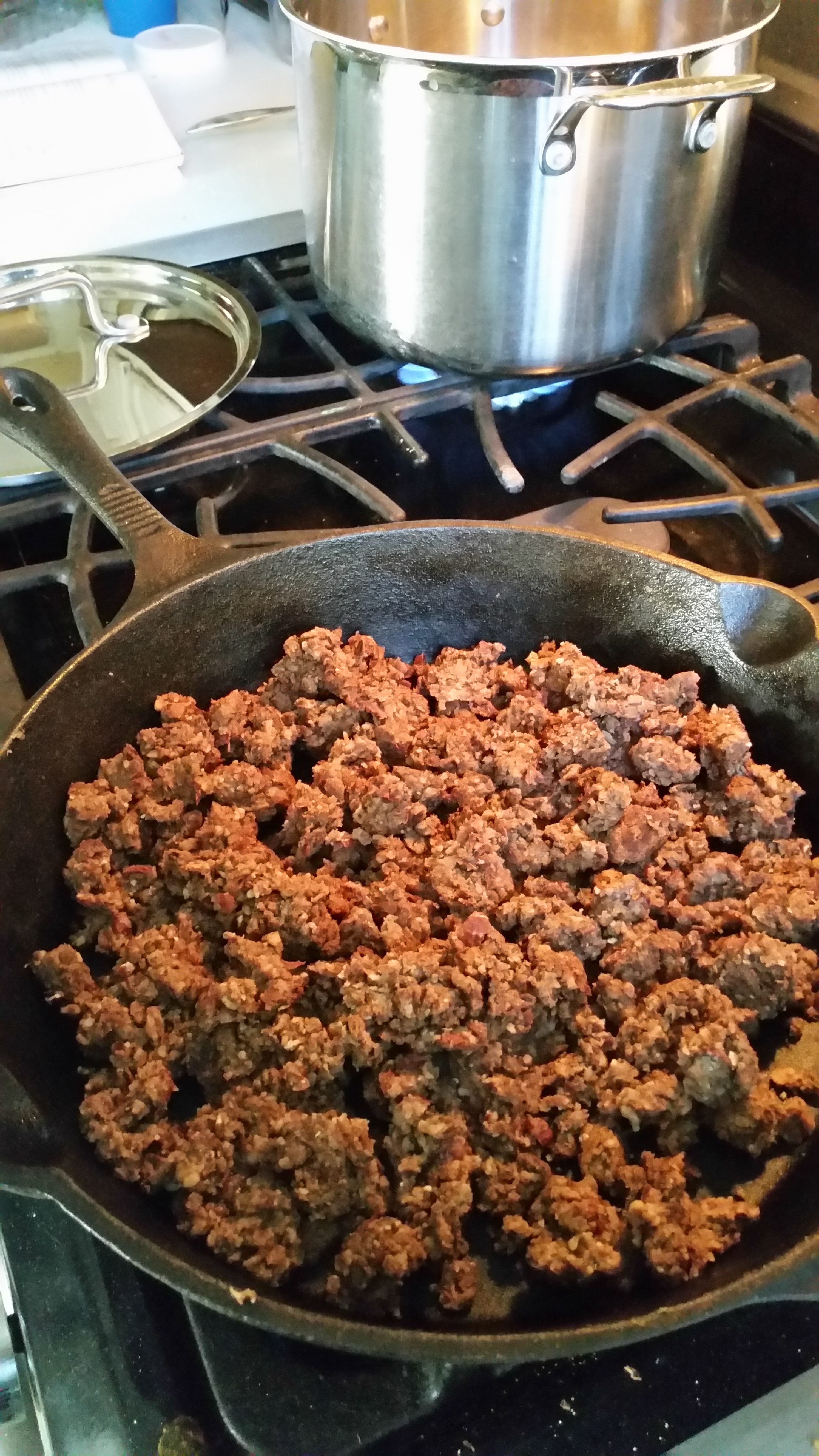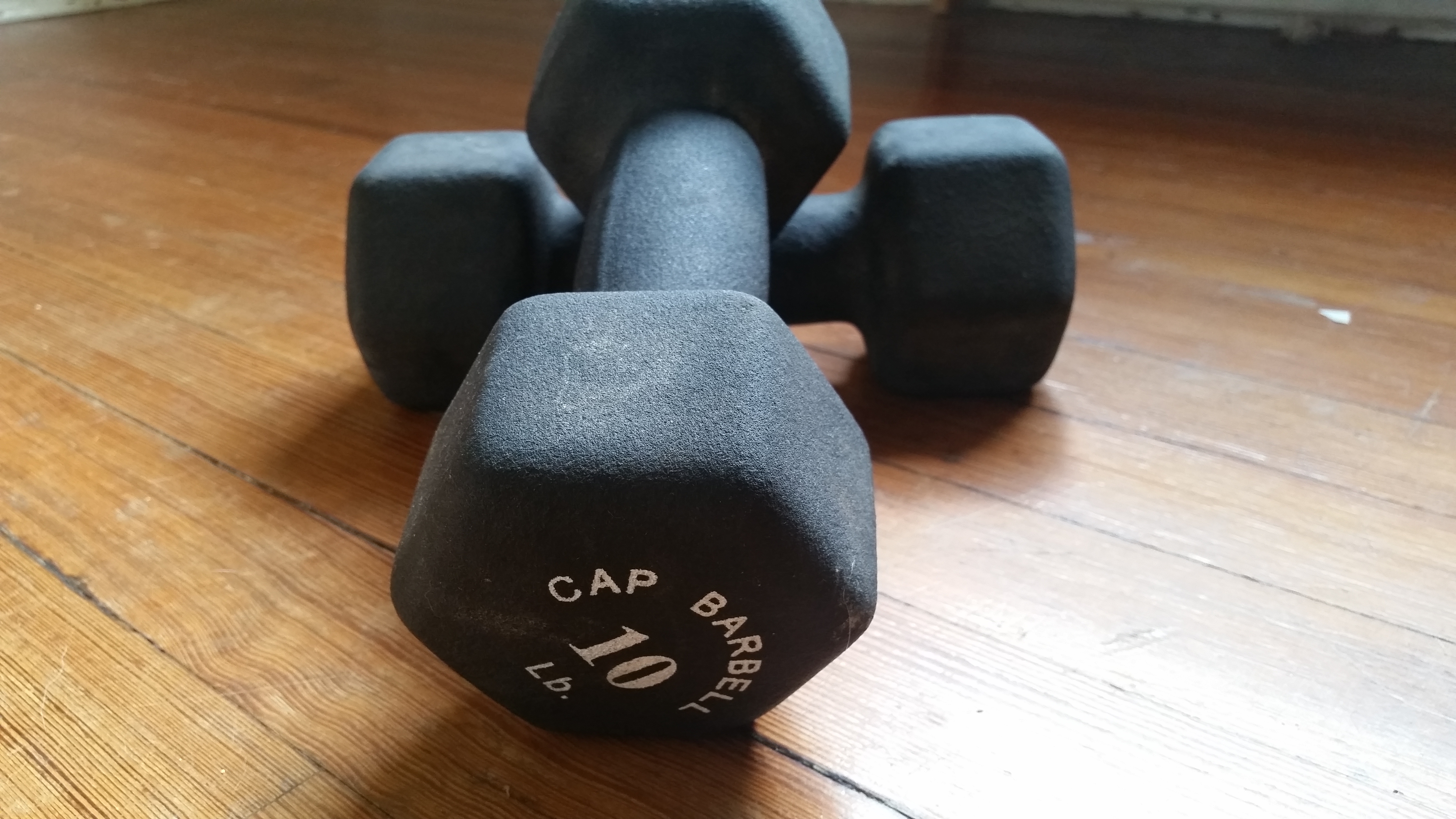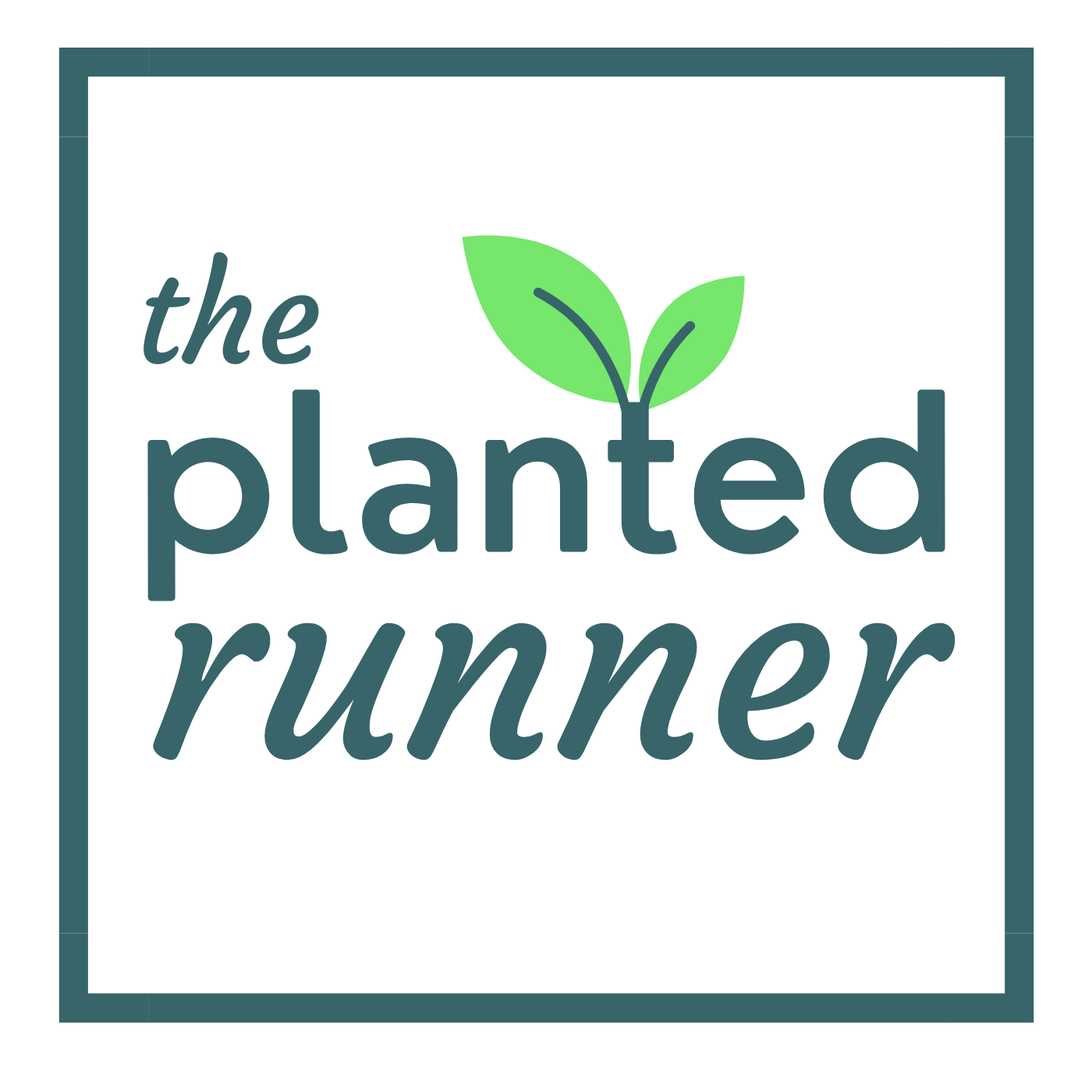I was raised to believe that a balanced meal included a veggie, a grain, and a portion of meat. When I was old enough to cook and too old for after-school babysitters, I remember dumping a box of instant scalloped potatoes in a Pyrex, stirring the orange cheese dust and potato poker chips with some water, plopping a few frozen pork chops on top, and going back to watch DeGrassi Junior High with my sister while it cooked in the oven. An hour later, dinner was served with some peas on the side.
Not exactly the beginnings of a fine culinary career.
Now that I choose not to eat meat or dairy, I often am asked the question about protein. And I get the curiosity. It kind of feels like taking taking a wheel off a tricycle to think of eliminating the meat. How can you get rid of the protein? It’s not balanced!
First of all, you are not “getting rid” of the protein by eliminating meat. In fact, there are many ways to eat plenty of protein and it doesn’t simply mean swapping the meat for a hunk of tofu. I’m not a nutritionist, but Gena Hamshaw is and she wrote a fabulous piece for Food52 on how to get lots of protein as a vegan. And, no, you don’t have combine certain proteins with others to create “complete proteins” with all the essential amino acids in the same meal. “Current nutrition wisdom is that we don’t actually have to seek out complete proteins with every meal,” Hamshaw writes, “because our bodies can assemble them efficiently when given an array of amino acids building blocks from a well-rounded diet.”

But what about runners? Don’t we need more protein?
Yes, but perhaps not always for the reasons you might think.
Precision Nutrition, a company of fitness trainers and nutrition experts say, “the basic recommendation for protein intake is 0.8 grams per kilogram (or around 0.36 g per pound) of body mass in untrained, generally healthy adults.” So for a 115 pound female, that’s 41.4 grams a day or a measly 166 calories of protein for the whole day! “For people doing high intensity training,” they say, “protein needs might go up to about 1.4-2.0 g/kg (or around 0.64-0.9 g/lb) of body mass.” That brings the range to 73.6 to 103.5 grams for the 115 pound runner.
But that’s the basic recommendation. You know, the lowest amount possible to keep your body from consuming your own muscles and to keep your hair from falling out. There are many really good reasons to get a little more.
“Consuming more protein may help maintain an optimal body composition (in other words, help you stay leaner and more muscular) and a strong immune system, good athletic performance, and a healthy metabolism.” writes Ryan Andrews of Precision Nutrition. “It may promote satiety (i.e. make you feel full longer) and consequently help you manage your body weight.”
Protein makes you feel full. If you are trying to lose fat and/or gain muscle, some extra protein can help, but not simply because protein builds muscle. Extra protein does not build more muscle. But it does make you feel fuller longer, which hopefully will keep you from eating extra calories. Even if you are not trying to change your body composition, extra protein can keep you from feeling so ravenous all the time.
Another cool thing about protein is that it takes a lot more work for your body to break it down and use it. That means that 30% of the protein’s energy goes toward digestion, absorption, and assimilation, versus only 8% of carbohydrate calories and 3% of calories from fats.
Protein also can help maintain a robust immune system, improve athletic performance, and a healthy metabolism. Check, check, and check.
But too much of a good thing is too much, so going overboard on protein is not a great idea. Not only could you end up consuming too many calories overall, but runners risk crowding out essential carbohydrates that fuel optimum running.
So what’s the balance of enough but not too much? A good rule of thumb for athletes is a gram of protein per pound of body weight.
And it can all come from plants.


